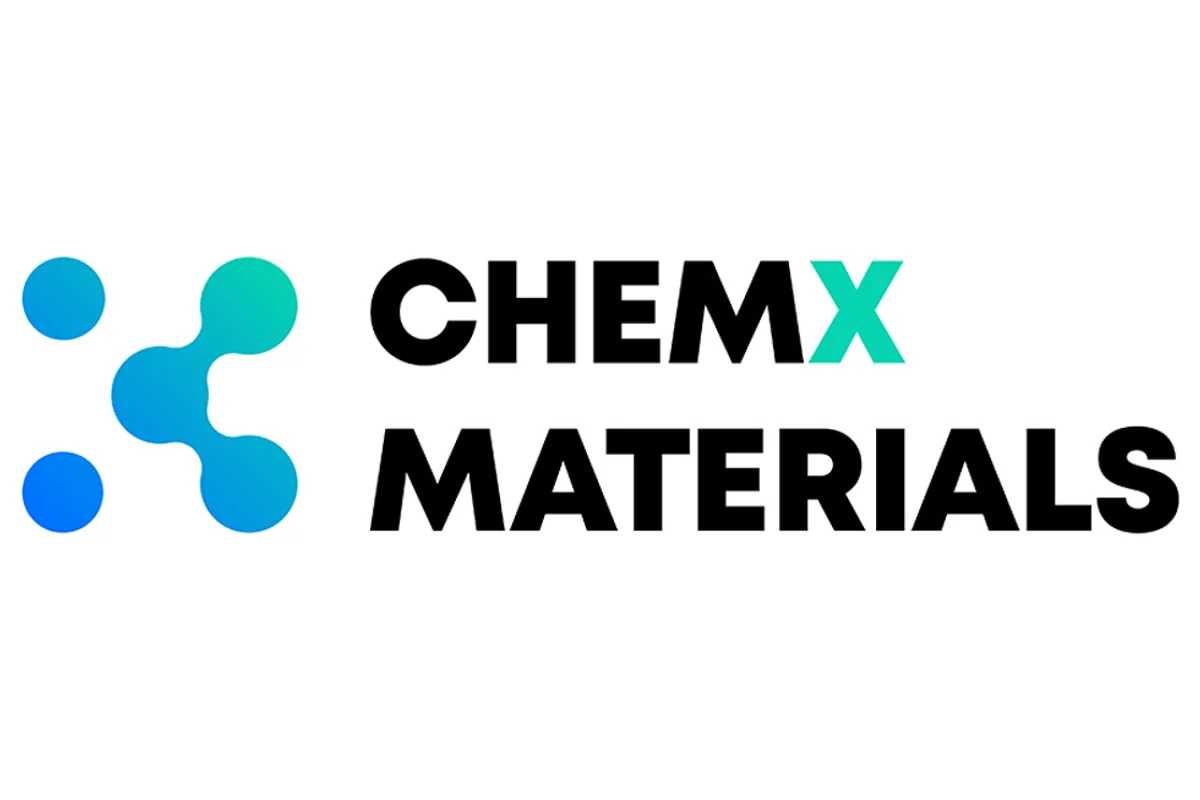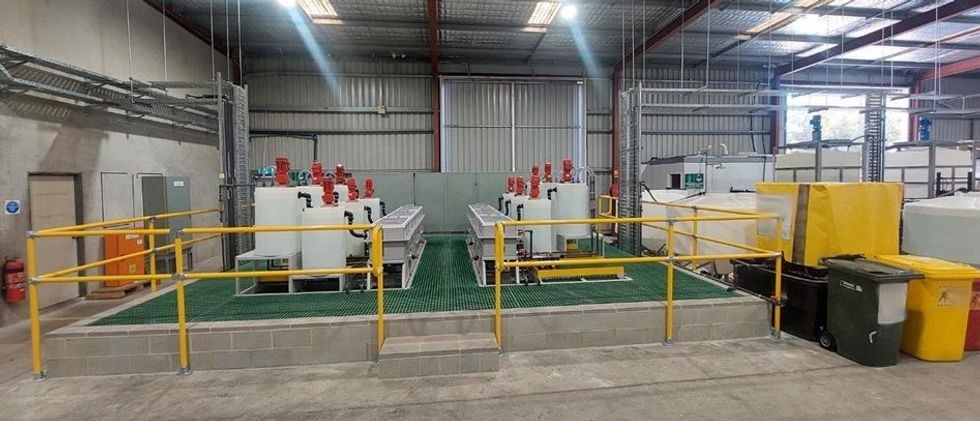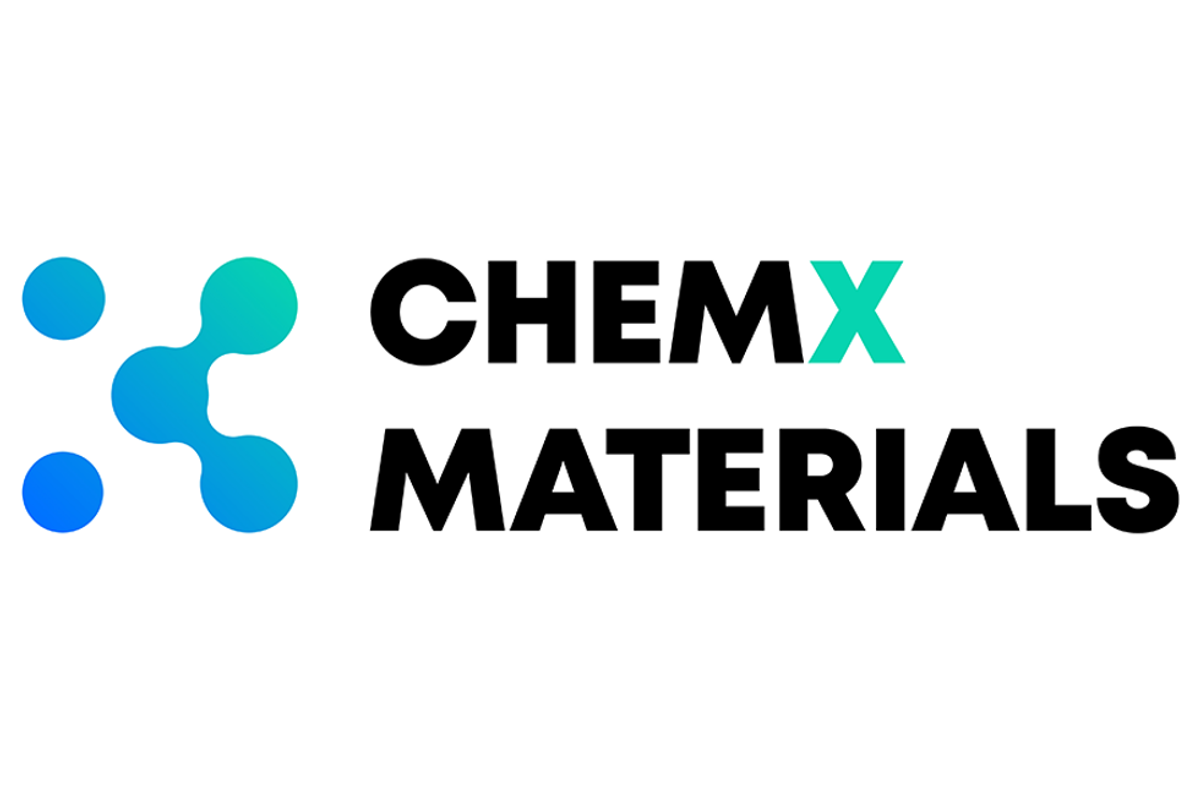
November 13, 2024
ChemX Materials Limited (ASX:CMX) (ChemX or the Company), an Australian high purity critical materials company and 100%-owner of the HiPurA® patented process to produce High Purity Alumina (HPA) in O’Connor, Western Australia is pleased to advise it has received its FY24 R&D Refund from the ATO.
- ChemX Receives $661,890 R&D Refund
- Radium Capital Facility Repaid
As announced to ASX on 6th September 2024, the Company obtained an advance against its expected R&D Return. The refund received extinguishes the facility taken out with Radium Capital for $442,000. After repayment of fees and charges for the facility the Company has received a surplus of $207,381. The surplus will be used towards working capital for the Company.

Click here for the full ASX Release
This article includes content from ChemX Materials, licensed for the purpose of publishing on Investing News Australia. This article does not constitute financial product advice. It is your responsibility to perform proper due diligence before acting upon any information provided here. Please refer to our full disclaimer here.CMX:AU
The Conversation (0)
01 July 2024
ChemX Materials
Critical materials company developing innovative, processing technology to produce high purity alumina for advanced technology and clean energy applications.
Critical materials company developing innovative, processing technology to produce high purity alumina for advanced technology and clean energy applications. Keep Reading...
28 November 2024
Agreement with Vytas Ltd for High Purity Assay Services
ChemX Materials (CMX:AU) has announced Agreement with Vytas Ltd for High Purity Assay ServicesDownload the PDF here. Keep Reading...
Latest News
Interactive Chart
Latest Press Releases
Related News
TOP STOCKS
American Battery4.030.24
Aion Therapeutic0.10-0.01
Cybin Corp2.140.00

